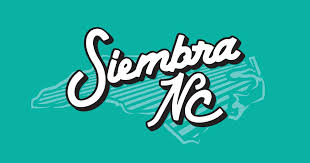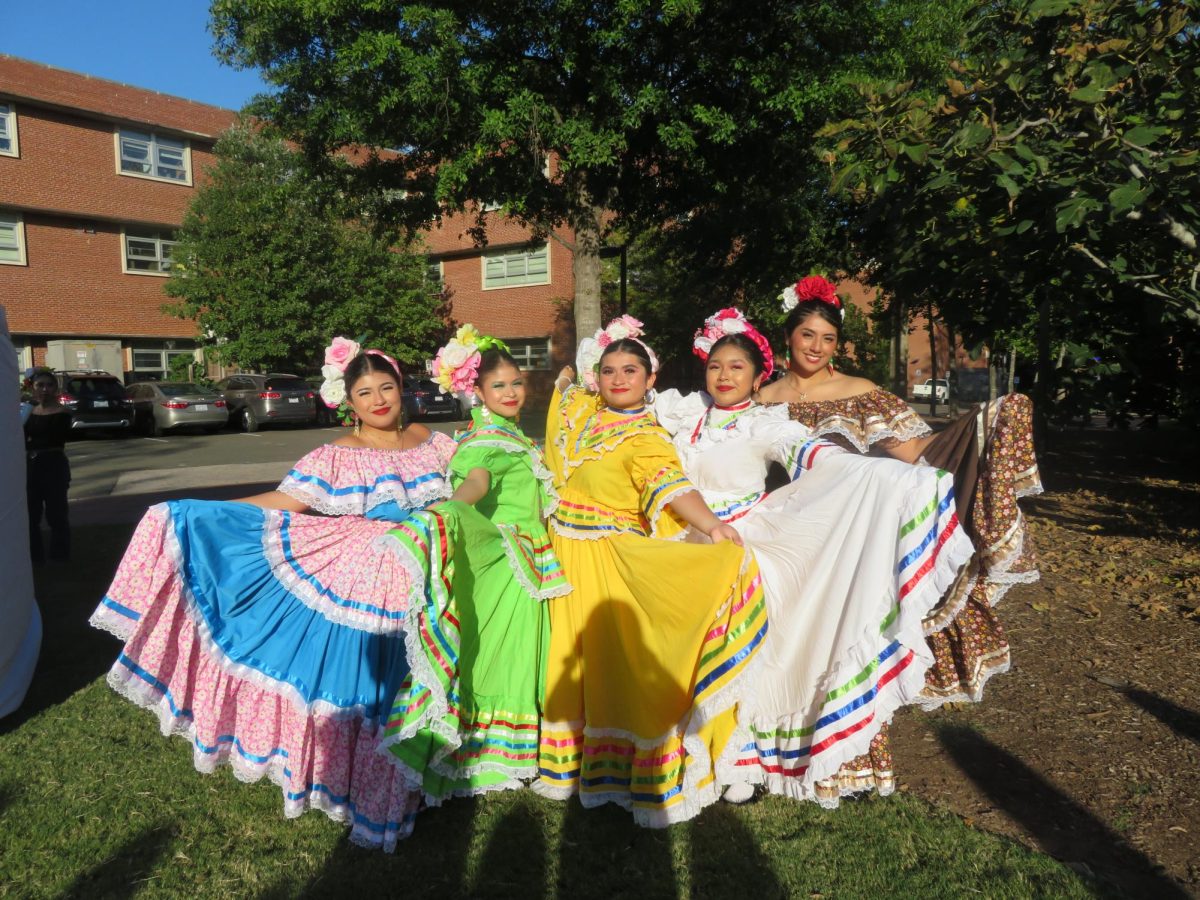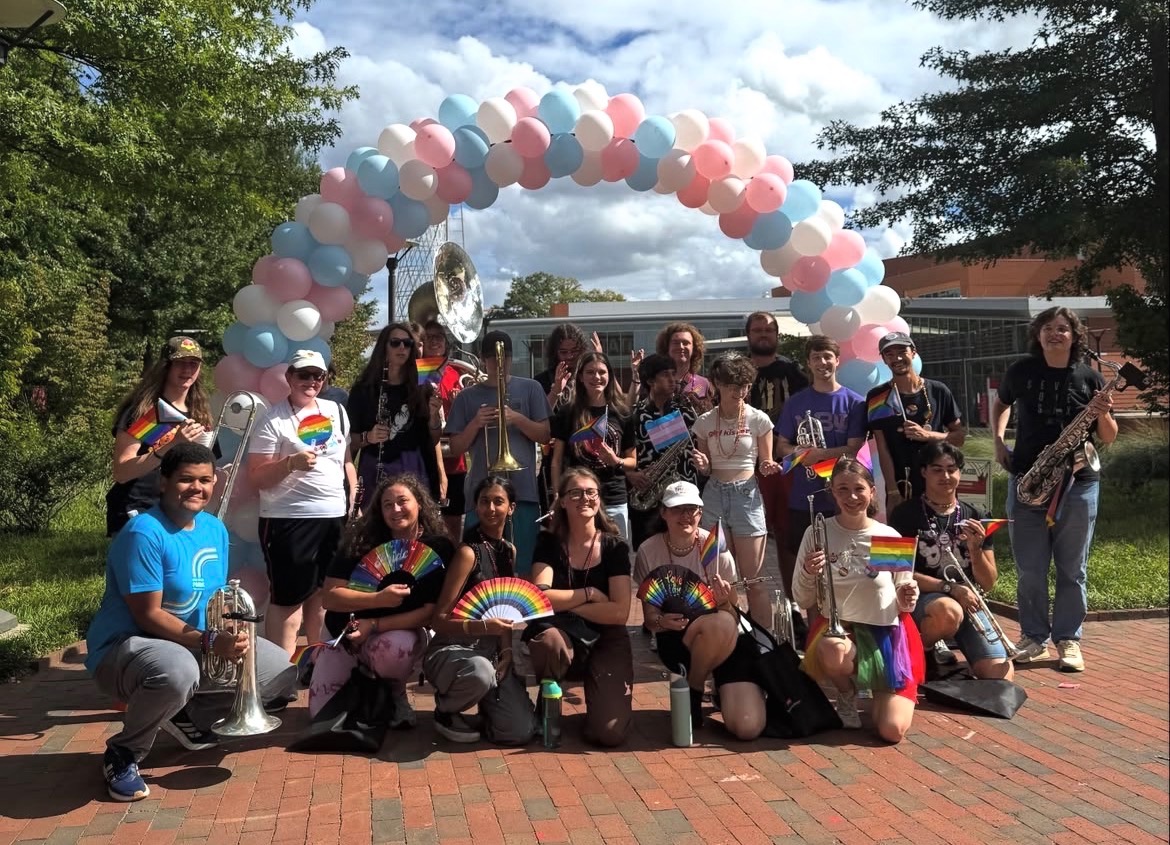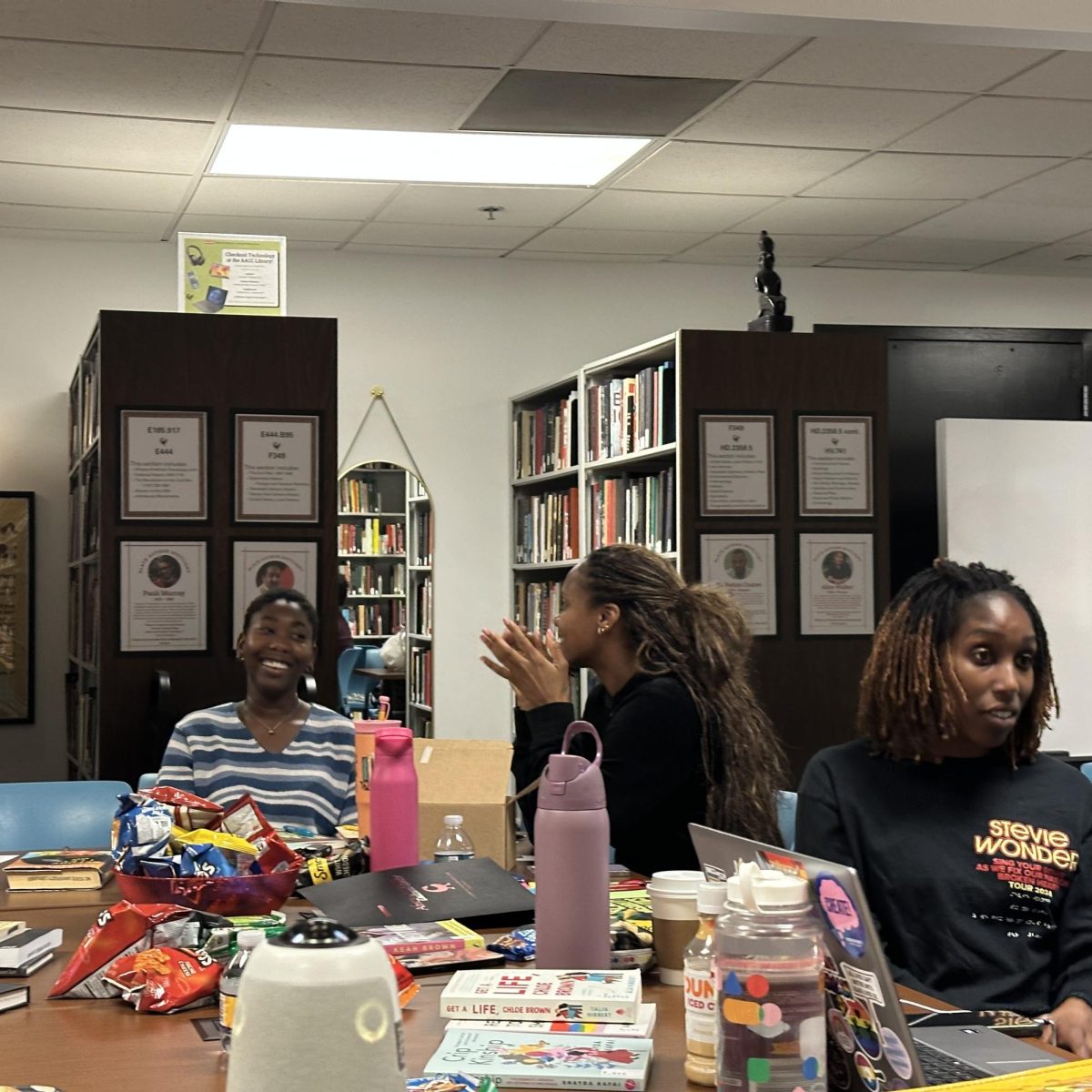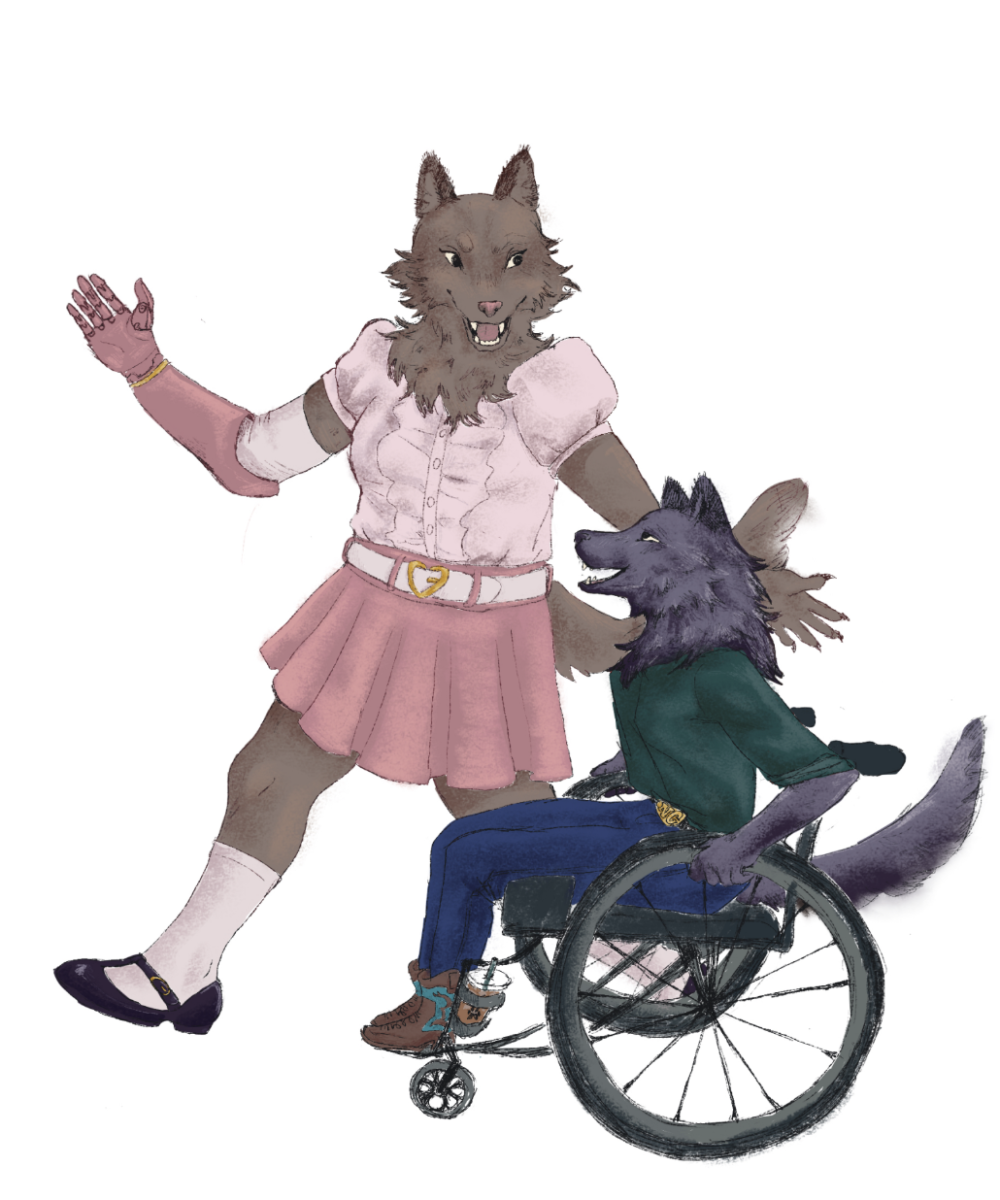Latine Heritage Month has come to a close, yet the fight for human rights within our communities is a year-round endeavor. Siembra, an organization here in North Carolina has been making strides for the Latine community across the state. Initially founded in 2017 following former president Donald Trump’s inauguration, Siembra provides security for families living under the threat of ICE raids and DACA redaction. In the effort to highlight Siembra’s state and campus-wide impact, The Nubian Message spoke with Primx Leader Maria Peralta and Co-President of UNC’s Chapter of Siembra, Jessica Gaytan:
Maria Peralta
The Nubian Message: From your perspective, how would you describe Siembra? And what is your role within the Siembra-verse?
MP: So usually, when I’m talking to gente en las calles, I say, it’s a Latine organization in North Carolina. Luchamos por los derechos de la comunidad Latine in different ways. So some of it looks like registering our Latine people to vote. At the same time, it’s also finding new young people. We are multi-generational, so there’s people as young as like in high school too. You would consider your tias, senoras, [y] senores that are part of Siembra [as well]. Some of the things that we really focused on, or we’re focused on right now, is robo de salario, wage theft. I am the Primx Organizer. Primx is a term we have in the Siembra-verse for young people, Gen Z vibes. But I basically am at different events, tiendas, concerts, anywhere you could find Latine people, in hopes of getting them plugged into the work that we do at Siembra.
TNM: What is Robo de Salarios?
MP: North Carolina is actually dead last when it comes to workers rights. So we still have a really low minimum wage, lower protection for workers, as well as people going through wage theft. Many times, we’ve seen that it impacts the Latine community. This includes those in construction, limpieza, factory, and field work. Time and time again, we noticed that some of these patrons think they can get away with it, either because our people don’t have papers or they kind of push it to the side and don’t think that the workers are gonna do anything about it. At Siembra we give workers the tools and resources they need to fight back. As well as support the workers through their fight. We host these workshops where workers can fill out an intake form, and then if they’re good to go, and all the required information is needed, then we go through with the case. The first step is to call the patron, ‘Hey, we’re apoyando this worker, because you owe them this money. Can you meet with us?’ Nine times out of time they don’t respond. So then we send a certified letter. If that doesn’t work we sometimes canvas their neighborhood to say ‘Hey, do you know your neighbor doesn’t pay its workers?’ It’s giving shame to what they’re doing because estan robando salarios. A lot of them need it for their families to pay bills. So stealing that wage for the work that they did is really frustrating. If that doesn’t work, our lawyer friends take it from there and then go to court. This year alone, we’ve been able to recover over $200,000 in stolen wages.
TNM: What is your favorite memory of Siembra?
MP: I think the summer 2018 there are these programs all over North Carolina called 287(g). It basically forces the Sheriff Department to collaborate with ICE. They’re agreements that each county can decide on. Alamance is notorious for having this. The Sheriff Terry Johnson is super racist. At one point, he had told his sheriffs ‘Hey, let’s go get these taco eaters’. And so throughout the summer, we were just like, door knocking, kind of canvassing, trying to try to get some more apoyo and bringing awareness of this. So we came up with an action where we showed up in mariachis, and we had plates of tacos, and we all yelled, ‘Si tacos quieren. Tacos le damos.” I was terrified. But at the same time, it was like, all the people that we had been door knocking and like getting support in, they all came out. And I feel like we made a really good, like, big statement about, like, no nos, vamos a dejar, and what you’re doing is wrong. Like, separating families, because that’s what he was allowing when he would have these programs.
Jessica Gaytan
TNM: How did you get involved with Siembra?
JG: The way I got involved in Siembra was actually my freshman year. I ended up signing up to actually table for one of their events as a volunteer opportunity. So I just decided to get involved, and in that way, I became an exec member. I started off as the outreach coordinator, just sending emails and getting involved with other orgs on campus and letting them know about what Siembra UNC does. Over the summer, I got involved more with the Mother org, which is in Siembra NC. They are a nonprofit that works in the state with the Latine community. I ended up doing, being part of their Primx committee for the one of the blitzes that they had in Raleigh and then I got involved in their Comité to plan for the Carne Asada. And I would do a lot of phone banking and help out with what I could. Then this year, I became co-president of the Siembra UNC chapter. So right now, I’m acting as that, and also I am still involved with the mother org and helping out with Primx.
TNM: How does the Chapter version of Siembra differ from the Mother org? And how was the chapter founded?
JG: The chapter focuses more on issues locally, here in Chapel Hill and Orange County. So we’ve been working a lot with housekeeper and worker issues such as, like low wages, them having to pay for parking, etc. A lot of mutual aid. We also do fun social events as well for students here on campus. So we tend to just have a more local focus. The way it started was actually two of our exec members, Delaney and Sabrina. They ended up finding Maria, one of the Primx leaders of Siembra NC. She was tabling with a couple of other people, and they started talking. They’re like, You know what? We’d love to bring this on campus. Like, have this new perspective. Have this org that focuses on helping with issues in the Latino community in Chapel Hill and like in college in general. That’s how they ended up establishing a chapter here at UNC. We’re currently the only chapter, college chapter, but we hope soon, that we get to be on other campuses as well. But that’s still in the works.
TNM: Any closing remarks?
JG: I guess the thing that really pulled me into Siembra, the thing that really connects with me is the fact that it’s based on community. It’s about helping each other and putting light on issues that affect everybody. Our organization not only talks about like issues with the Latino community, but also other communities that are marginalized here in Chapel Hill. It’s also multi-generational, which I also really appreciate, because even though issues may not affect us as students, it could affect the workers, faculty or other people in the Chapel Hill and Orange County community that we’re just unaware of, because we just tend to either push it aside
If you are interested in learning more, follow them on instagram at @siembranc or visit their website https://www.siembranc.org/. All it takes is a single message to enact great change.

